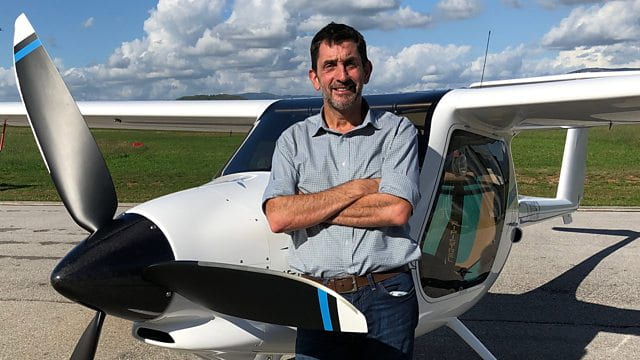
Ed Atkins, PhD student in the School of Sociology, Politics and International Studies, University of Bristol
Several weeks ago, I was walking along Avenida Paulista in São Paulo. Through the noise of the traffic, the familiar shout of one man’s name could be heard. ‘Trump, Trump, Trump’ echoed across the street. Somehow I had stumbled upon a ‘Brazilians for Trump’ rally. A group of 40 people stood on the pavement, clutching signs that read ‘Women for Trump’, ‘Jews for Trump’, ‘Gays for Trump’. This struck me; such demographics holding such signage represented for me a similar message to ‘trees for deforestation’.
Yet, the votes are in. The electoral tally has been made and one fact is obvious: Donald Trump’s popularity transcended demography. As, House Speaker, Paul Ryan has said, Trump “heard a voice out in this country that no one else heard. He connected in ways with people that no one else did. He turned politics on its head.”
![By Map by Robert Simmon, based on data from Woods Hole Research Center. (http://visibleearth.nasa.gov/view.php?id=76697) [Public domain], via Wikimedia Commons](https://policybristol.blogs.bris.ac.uk/files/2016/11/Aboveground_Woody_Biomass_in_the_United_States_2011.jpg)
2011 map of the United States above-ground woody biomass with 66 ecoregions delineated, showing tons of trees and their forests by hectare. Based on the map and palette created by NASA’s Earth Observatory employee Robert Simmon. Credit – Robert Simmon NASA/Wikimedia Commons (Public domain)
Key here is not only Trump’s victory, but also how the Republican Party has been able to ride his
coattails to majorities across both the Senate and the House of Representatives. In doing so, the Grand Old Party (GOP), working with Trump, will likely have the freedom to pursue their political agenda. As a result, the Republican
platform, published at the 2016 National Convention, provides a number of clues of what we can expect from this new administration.
Continue reading →


 Image: Shutterstock
Image: Shutterstock

![By Map by Robert Simmon, based on data from Woods Hole Research Center. (http://visibleearth.nasa.gov/view.php?id=76697) [Public domain], via Wikimedia Commons](https://policybristol.blogs.bris.ac.uk/files/2016/11/Aboveground_Woody_Biomass_in_the_United_States_2011.jpg)

